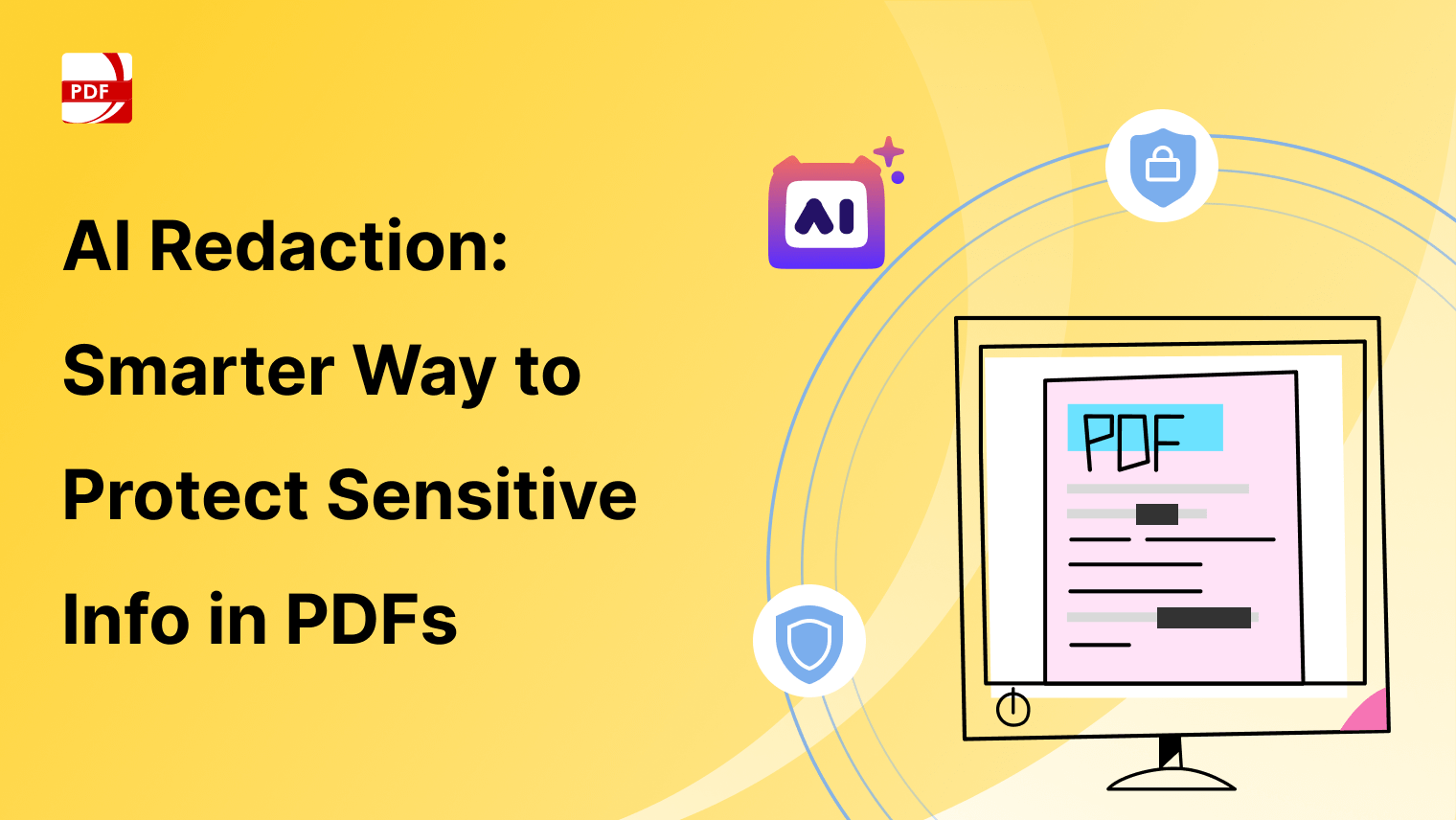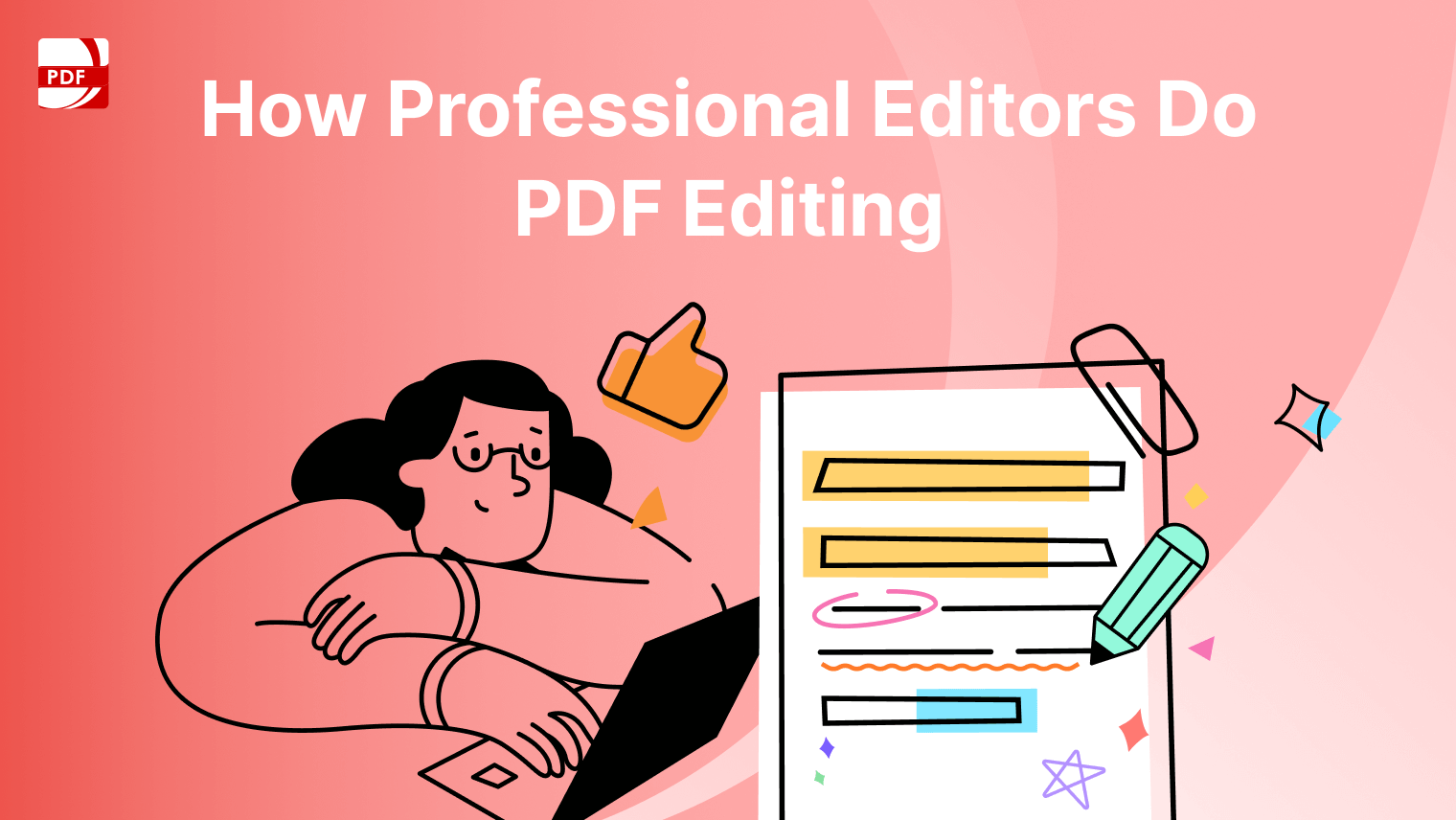Meeting the teacher at the start of the school year is a crucial step for parents and students alike. It helps set the tone for a successful academic journey and allows both sides to establish open communication.
Key Sections
Here’s how you can structure key sections for your "Meet the Teacher" template :
-
Student Information: This should include the student’s full name, grade, and any additional details like allergies or specific needs.

-
Parent/Guardian Contact Information: Add the name of the parent or guardian, their phone number, email address, and any alternative contact methods.
-
Teacher’s Contact Information: Include the teacher’s full name, their email address, phone number (if applicable), and the school address.

-
Meeting Date: Specify the date and time for the meeting with the teacher to ensure both parties are on the same page.
 Dwayne Reed
Dwayne Reed
Tips and Tricks for Writing a Meet the Teacher
Here are some tips and tricks for writing a clear and effective template:
-
Keep It Simple: Use short, clear sentences and avoid jargon. Parents and guardians should be able to quickly understand the information without needing clarification.
-
Organize Sections Logically: Divide the template into easily digestible sections, such as Student Information, Parent/Guardian Contact Info, and Meeting Date. This helps ensure nothing is overlooked.
-
Use Bullet Points: For key details like contact information or important questions, bullet points make it easier to scan and find specific information quickly.
-
Include a Call to Action: Make sure you guide the recipient on the next steps, such as confirming the meeting time or completing any additional forms.

-
Add Personal Touches: A short, welcoming introduction or note from the teacher can help set a friendly tone and establish rapport right from the start.

-
Proofread: Double-check the template for any spelling or grammatical errors. A clean and error-free template looks more professional and avoids confusion.
Download a Meet the Teacher Template
Using a "Meet the Teacher" template is a valuable tool that helps streamline the process, ensuring you don’t miss any important details while laying the groundwork for a strong parent-teacher relationship. It’s a simple but effective way to start the school year on the right foot.
Fill Out and Customize the Template
Here’s a guide to help you fill out and customize the "Meet the Teacher" template:
1. Student Information
This section is all about the student. Fill out the student’s full name, grade, and any other important details that the teacher should know about.
- Example:
- Student Name: John Doe
- Grade: 3rd Grade
- Additional Notes: John has a peanut allergy.
2. Parent/Guardian Contact Information
Provide the name and contact information of the parent or guardian. This is essential for teachers to reach out for any updates or concerns.
- Example:
- Parent/Guardian Name: Jane Doe
- Phone Number: (555) 123-4567
- Email: janedoe@example.com
- Alternate Contact (if necessary): John Doe (555) 987-6543
3. Meeting Date and Time
Fill in the agreed-upon meeting date and time. This ensures both you and the teacher are on the same page.
- Example:
- Meeting Date: September 10, 2024
- Meeting Time: 10:00 AM
4. Teacher’s Contact Information
This section should already be pre-filled with the teacher's details, but if it’s not, make sure to add the teacher’s name and contact information. It can be helpful to have their email or phone number for any future communication.
- Example:
- Teacher’s Name: Mrs. Emily Smith
- Email: emilysmith@school.edu
- Phone Number: (555) 111-2222
5. Special Notes or Questions for the Teacher
Use this section to write any specific questions or notes you want to discuss with the teacher. This could include concerns about the student’s learning style, any medical conditions, or classroom expectations.
Example:
- Notes: I’d like to discuss John’s progress in reading. Is there anything we can do at home to help improve his reading fluency?
6. Follow-Up Instructions
End the template with any next steps or follow-up actions. For example, if the teacher needs to confirm the meeting or if you want to schedule regular check-ins.
Example:
- Next Steps: Please confirm the meeting time via email. I would also like to schedule a mid-year progress meeting in December.
By filling out these sections with clear and relevant information, you’ll create an organized and helpful "Meet the Teacher" template that sets the right tone for a successful parent-teacher partnership.
 Pat Conroy
Pat Conroy
Common Mistakes to Avoid
There are a few legal aspects to keep in mind:
Legal Considerations
1. Data Privacy
Ensure that personal information, including student and parent contact details, is shared securely. Teachers and schools should follow data protection laws such as FERPA (Family Educational Rights and Privacy Act) to keep sensitive information confidential.
2. Consent for Sharing Information
If the school plans to share your child's information with other professionals (e.g., for special education services), be sure to review and sign any consent forms needed.
3. Health and Safety Regulations
Be sure to inform the teacher about any medical conditions, allergies, or special accommodations your child might need, and ensure the school has a plan in place to handle emergencies.
Common Mistakes to Avoid
1. Forgetting to Update Information
It’s easy to forget updating important details like contact information, allergy details, or any special instructions. Always double-check to ensure all information is current and accurate.
How to Avoid: Before submitting the template, review each section to ensure it’s up to date, especially if there have been any recent changes in your contact details or your child’s needs.
2. Overloading the Template with Information
While it’s important to provide relevant details, avoid overloading the template with unnecessary or irrelevant information. This can overwhelm the teacher and cause important points to get lost.
How to Avoid: Focus on key information that the teacher needs to know. Save more detailed conversations for the meeting.
3. Being Vague
Vague details like "my child struggles in class" without further explanation can make it harder for the teacher to offer targeted support.
How to Avoid: Be specific when describing any challenges or concerns. For example, "My child struggles with reading comprehension and could use extra support with assignments."
4. Missing Deadlines
Failing to return the template on time can delay important communication between you and the teacher, potentially impacting the start of the school year.
How to Avoid: Mark the deadline for submission and set a reminder to complete and return the template a few days before the due date.
5. Not Asking Questions
Leaving the "questions" section blank could result in missed opportunities to address any concerns early on.
How to Avoid: Use this section to ask at least one or two specific questions that can help you better understand the class structure or your child’s progress.











 Free Download
Free Download Free Download
Free Download





 Support Chat
Support Chat